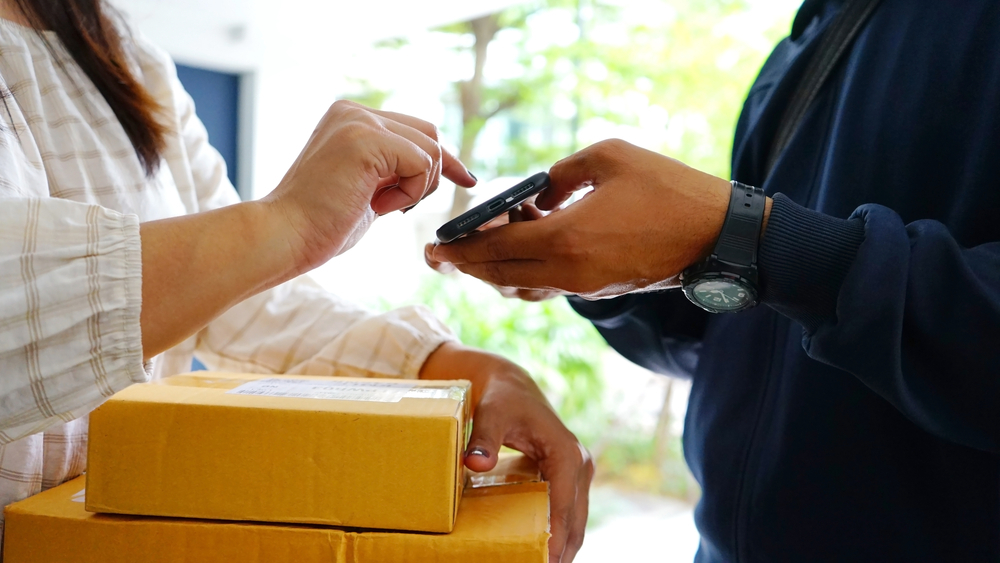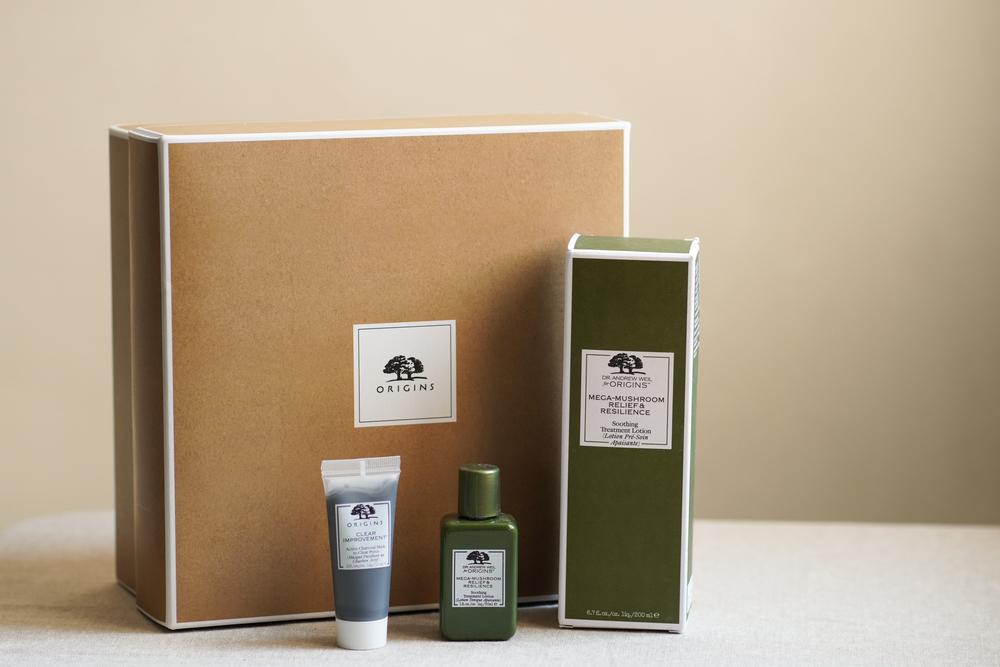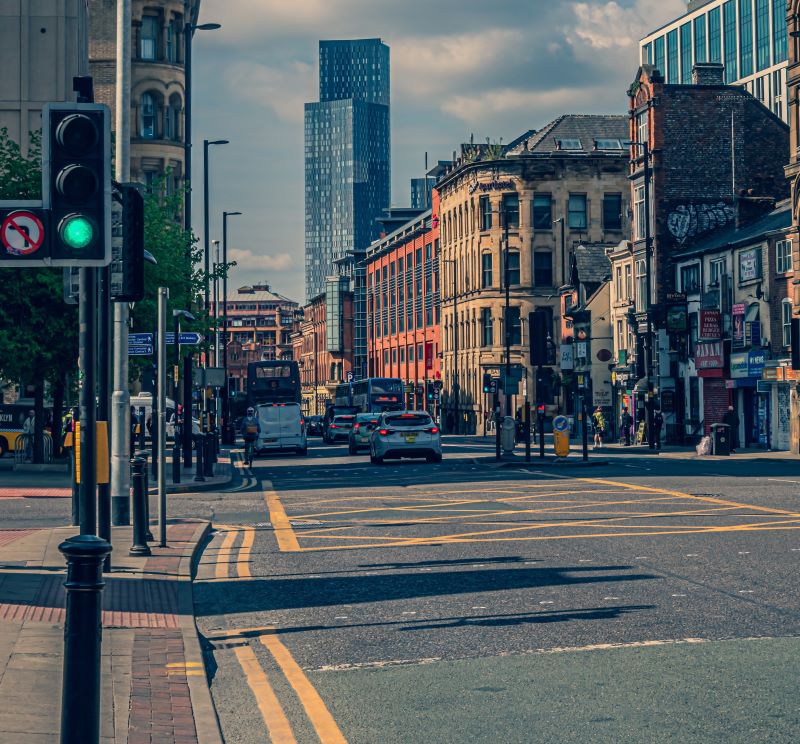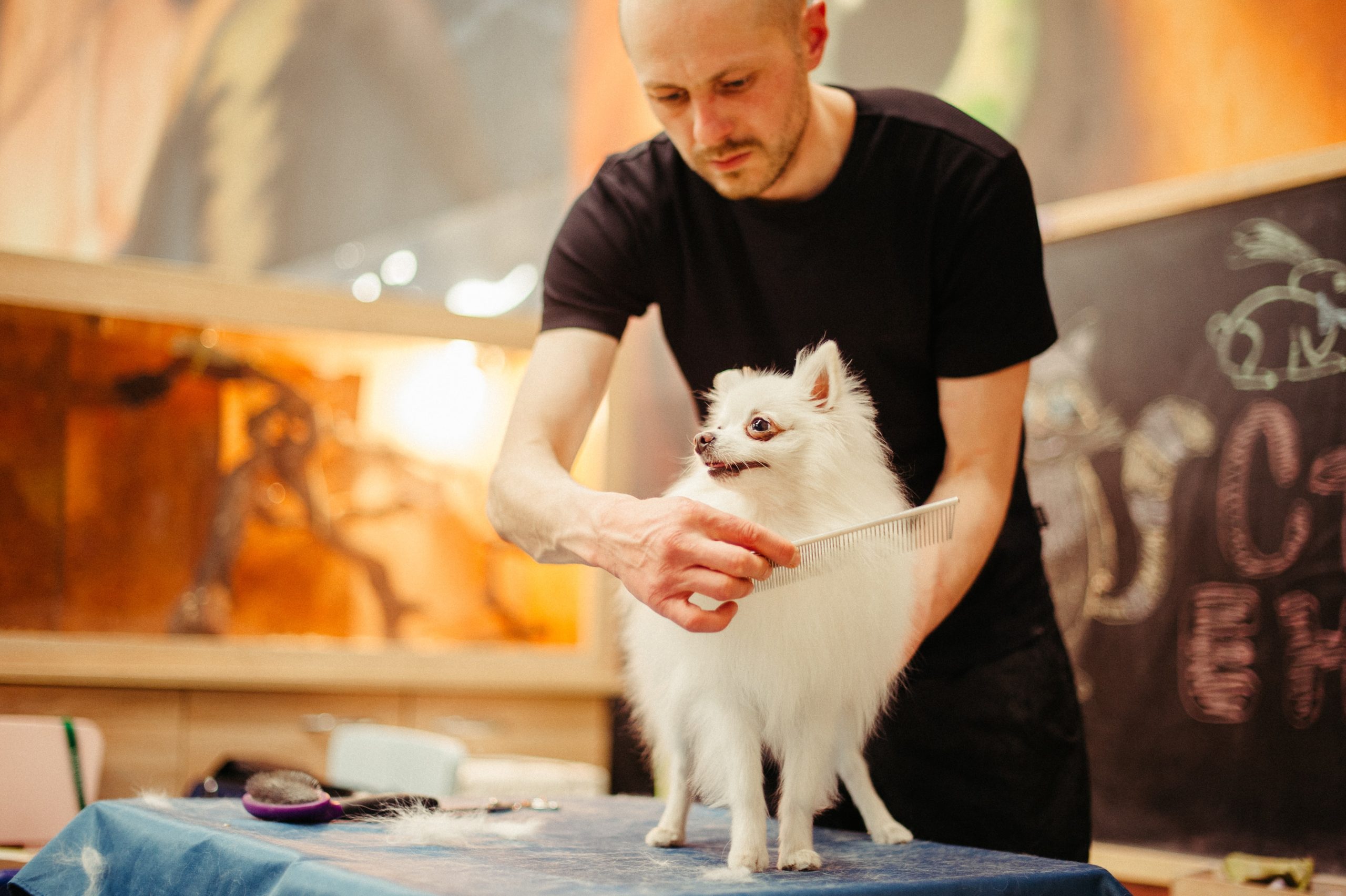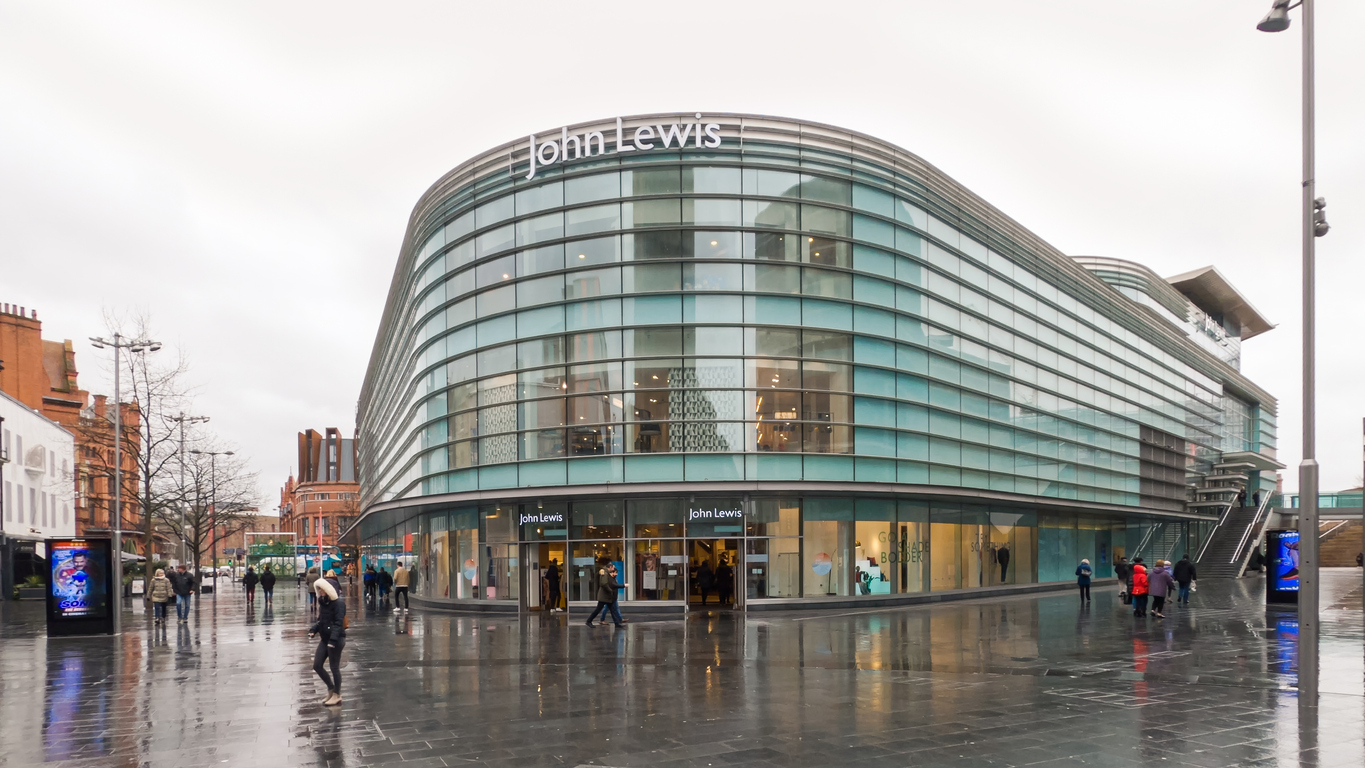There is one aspect of the covid years that exploded due to our inability to get out to the shops – tat is the home delivery. Be it food, books, exercise equipment – nothing was off limits. If it could be packaged and fitted into the back of a van, it was delivered.
Ecommerce was not a new concept in 2020 – in fact it had already been around for some years, and was well advanced. However, covid gave many companies a reason to get over their reluctance to embrace online shopping (particularly those who had resisted the pressure before and preferred to stick to their traditional shop premises). Retailers had to embrace the online world, or go bust as they were not allowed to open their shops.
As the world has gradually returned to normal, businesses now are offering a bend of both online and physical sales, and in fact this has given them increased opportunities to build sales, presenting them with a massively increased potential customer base.
The original fast food outlet
But offering deliveries as part of customer service is not a new concept. In fact, B2C – or business to consumer – deliveries have been going on since ancient times.
As far back as Ancient Rome, food was being prepared in Thermopoliums, literally, cook shops, and shipped out to those who did not have the facilities to cook food themselves. While the wealthy would have kitchens and teams of cooks to prepare food for their extensive households, these small but hugely popular public kitchens would create meals for the more impoverished city dwellers who lived in poor, housing, did not have the money for cooking utensils, or the space for cooking facilities, ad literally lived from hand to mouth in the city streets.
How villages relied on travelling salesmen
Before universal transportation, when the only form of travel was either on foot, or by horse and cart or carriage, families would, generation after generation, remain in the same village relying on the occasional visit from travelling salesmen. These travellers would bring news and goods – news of the outside world, and goods that introduced new and different technologies to these closed communities.
While farming methods were passed on from father to son, new and technical tool developments were imported by these travelling salesman who were crucial to the modernisation of these communities.
The iconic Hovis delivery boy
In 1973 the world famous Ridley Scott shot one of the most iconic adverts on behalf of bakery company Hovis. The Hovis advert was filmed on Gold Hill in Shaftesbury, a small market town in Dorset, and featured a young delivery boy pushing his bike up a very steep hill to make his last delivery to ‘Old Ma Peggoty’s’. This advert has since gone down in the annals of British advertising.
What this advert highlights is that the delivery was a normal everyday activity of normal every day people, and was a vital part of local communities.
The 21st century has seen a re-emergence of home deliveries. While food is the predominant product – with the preponderance of food delivery platforms such as Deliveroo and UberEats, there has also been a rise in the subscription box market. Subscription boxes are an evolution of concepts such as the wine clubs that used to be advertised through the pages of the Sunday Time. For a reasonable monthly subscription you receive regular deliveries of anything from books to pot plants, saving you the time and money in having to go out and buy them yourself.

